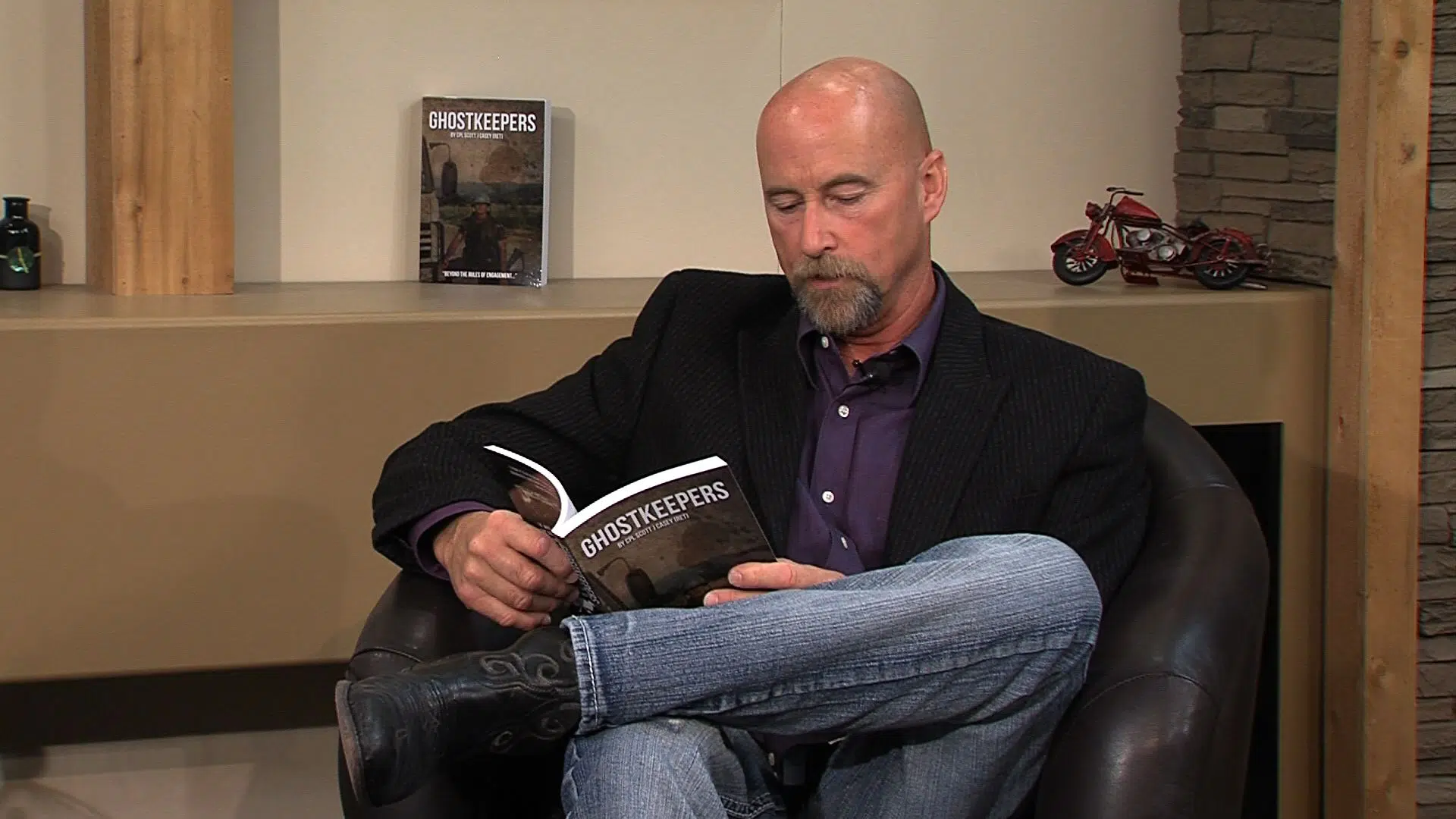
‘Ghostkeepers’ uncovers grim reality of being a soldier
KAMLOOPS — It’s been a five-year wait for Scott Casey to read a hard copy of his new book, Ghostkeepers — a term he uses to describe the horrific memories he and his UN commrades still hold onto nearly 25 years after the civil war in the former Yugoslavia.
“We all harbour ghosts from that tour,” says Casey. “So it seems like a very fitting term in that we are ‘ghostkeepers.’ We can’t get rid of them. They’ll always be with us. We just have to deal with it.”
Casey, and many of his fellow UN peacekeepers, cope with some form of post-traumatic stress disorder thanks to that tour, which lasted two years from 1992 to 1994.


